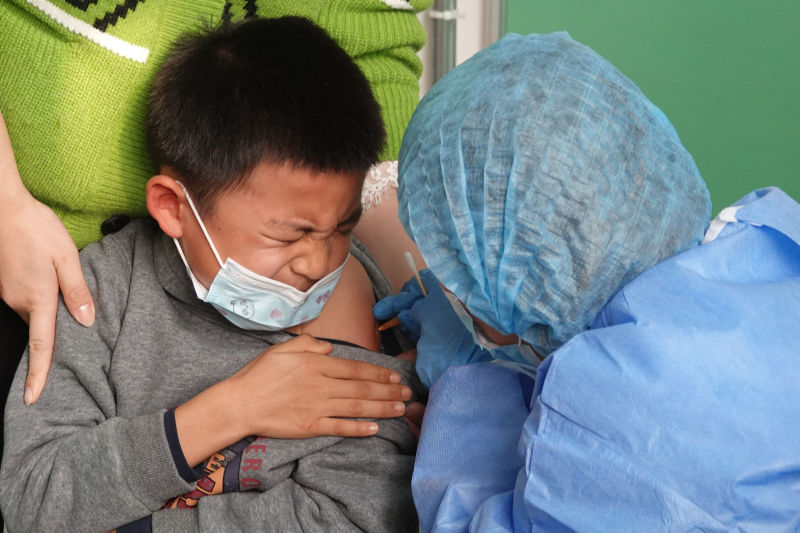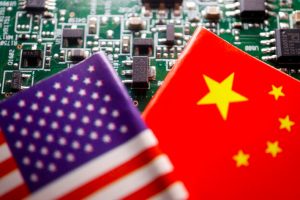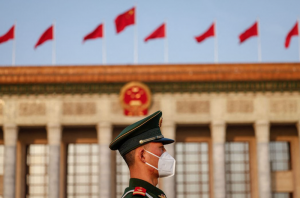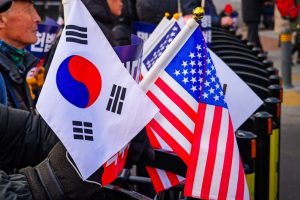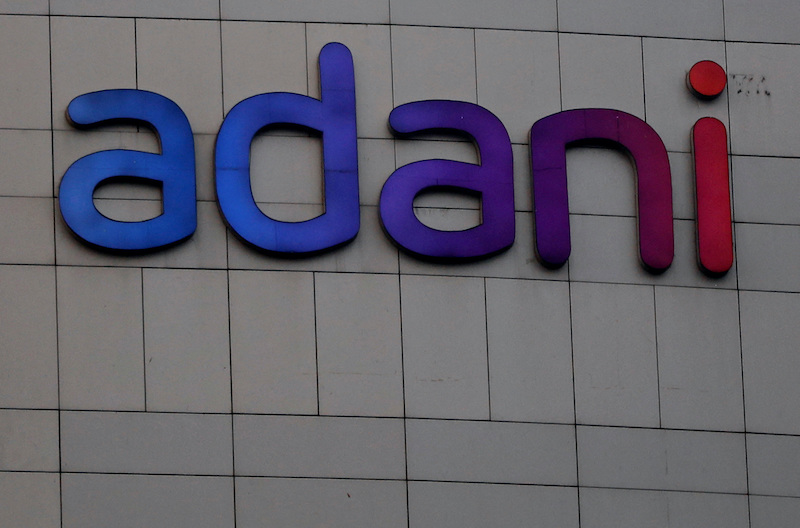China has spent over a year trying to develop state-of-the-art messenger RNA (mRNA) vaccines for Covid-19, but a changed market and the Omicron variant have muddied prospects before efficacy data has even been published.
Still, China is unlikely to join the majority of countries in approving foreign-made vaccines based on mRNA technology before making its own, experts said, though a slowing vaccination drive at home and in some other nations and improved supply of approved vaccines have raised questions of viability.
“If [China uses] use mRNA vaccines, they will produce them themselves rather than take it from outside,” said Jaya Dantas, professor at the Curtin School of Population Health in Australia. “It is a matter of national pride and also vaccine diplomacy.”
About 87% of China’s 1.4 billion people are fully vaccinated and nearly 40% have received boosters – but all are non-mRNA shots.
Along with a policy of strictly containing every local outbreak, China has prevented any major virus flare-up. However, the efficacy of the vaccination regime against Omicron is unclear.
Pre-Omicron human trials showed mRNA shots from US-based Moderna as well as US-German duo Pfizer and BioNTech better prevented symptomatic cases than the most-used non-mRNA Chinese shots.
Home-Grown Vaccines
But China has not approved the use of those or any other foreign vaccine, instead relying on home-grown vaccines. Hong Kong, a Chinese territory, has approved the Pfizer/BioNtech jab.
“For what appears to be political reasons, the Chinese authorities have insisted to date on using domestically developed alternatives,” said senior China analyst Michael Hirson at Eurasia Group.
“And that has required them to lean that much further on this lockdown and quarantine-heavy approach to zero-Covid.”
The National Health Commission did not respond to Reuters queries about foreign mRNA vaccine approvals.
“I think a more open approach to vaccines would provide them more flexibility and in terms of how they go about containment with a less disruptive impact on the economy,” Hirson added.
Experts said success for China with its own mRNA technology will not just broaden its domestic Covid-19 vaccine portfolio, it would also open up development for more innovative vaccines.
- Reuters, with additional editing by George Russell
READ MORE:
Korea in talks to produce 1 billion Covid mRNA vaccines
Suzhou Businesses Resume After Outbreak – Xinhua
Hong Kong Might Not Reopen until 2024, EU Chamber Warns




